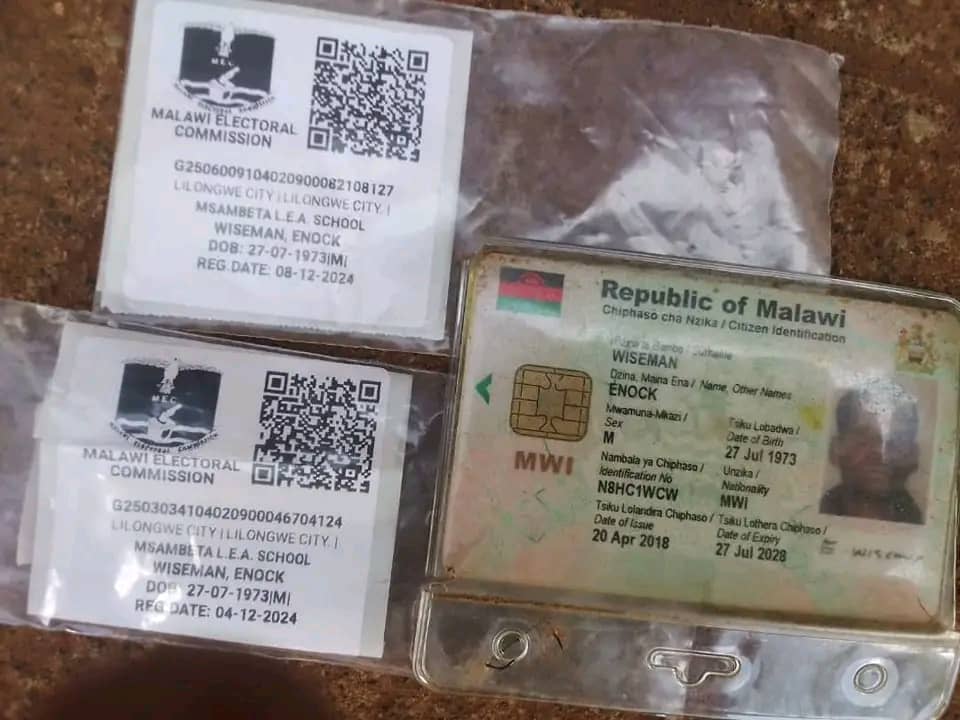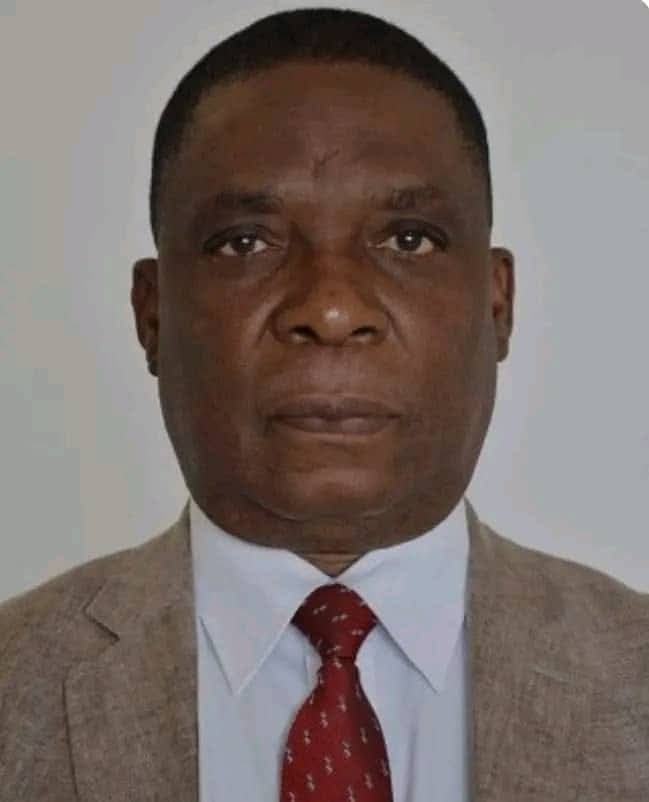By Burnett Munthali
Reports of voting irregularities at Msambeta LEA School in Lilongwe City Centre have sparked heated debates and reignited concerns over electoral credibility in Malawi. Allegations of duplicate voter registrations, unexplained arrests, and the mysterious disappearance of a voter registration machine have left many questioning the integrity of the ongoing registration process.
In a series of messages shared by eyewitnesses, it was alleged that:
Wiseman Enock was discovered to have been registered twice using the same national identification card. This act, if true, violates electoral laws and raises questions about the robustness of the system intended to prevent such occurrences.
Another individual was reportedly arrested under unclear circumstances, sparking outrage among observers who viewed it as a selective enforcement of the law.
These incidents have drawn sharp criticism from both local observers and political commentators, who perceive them as deliberate attempts to manipulate the registration process.
The controversy has a political undercurrent, with accusations targeting the ruling Malawi Congress Party (MCP). One vocal critic described the situation as evidence of “zitsiru za MCP” (MCP fools), pointing to a perception that the party may be using its influence to tilt the process in its favor.
Opposition parties and activists have called for immediate action to address these irregularities. Some have demanded the involvement of the Malawi Electoral Commission (MEC) to ensure a transparent investigation and corrective measures.
These allegations come at a time when Malawi is gearing up for another critical election. The country has previously faced challenges with electoral credibility, with accusations of voter fraud and mismanagement marring past elections. The incidents at Msambeta LEA School underscore the persistent vulnerabilities in Malawi’s electoral system.
The news has sparked widespread outrage, with many citizens expressing their frustrations over social media and other platforms. Some have called for mass demonstrations to demand accountability and reform.
“Ma demo timati tituluke” (We should take to the streets) was the sentiment echoed by an angry observer, calling for collective action to resist perceived electoral malpractice. The passion with which these issues are being addressed reflects a growing demand for transparency and fairness in Malawi’s democratic processes.
For Malawi to strengthen its democracy, the following steps are imperative:
Firstly, MEC and other relevant authorities must thoroughly investigate these allegations and publish their findings.
Secondly, the systems used in voter registration must undergo rigorous testing to eliminate vulnerabilities.
Thirdly, citizens need to be educated about their rights and responsibilities in the electoral process to prevent manipulation.
Fourthly, independent bodies should oversee the electoral process to ensure fairness.
The incidents at Msambeta LEA School are a wake-up call for Malawi to address systemic issues in its electoral process. As the nation prepares for its next election, ensuring credibility and public trust is non-negotiable. Stakeholders must act swiftly to resolve these challenges and safeguard Malawi’s democracy.
The eyes of the nation, and indeed the world, are on how Malawi will handle this situation. The outcome will set a precedent for the future of electoral integrity in the country.




